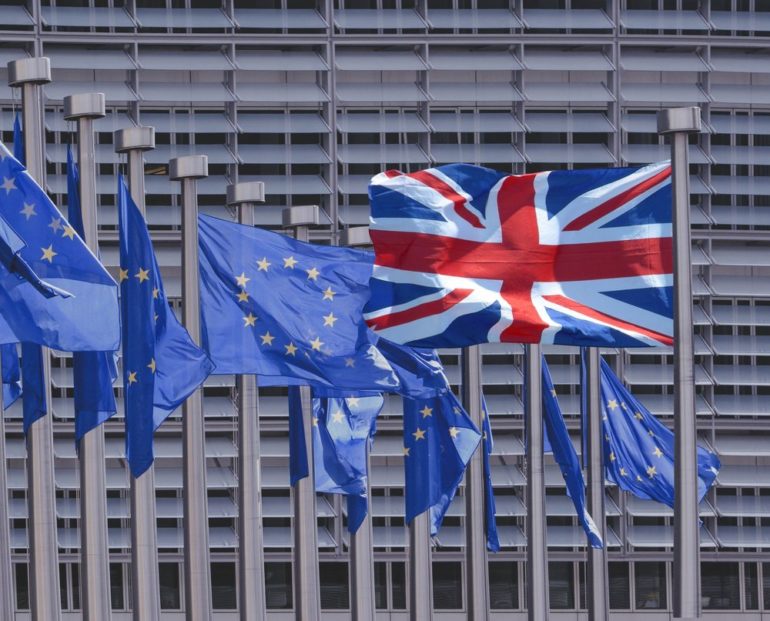The government has ruled out a delay to Brexit and said that it will need “legislative and economic flexibility” to deal with the fallout from the coronavirus pandemic.
“We will not ask to extend the transition period, and if the EU asks we will say no,” the prime minister’s spokesman said today.
“Extending the transition would simply prolong the negotiations, prolong business uncertainty, and delay the moment of control of our borders,” he said. “It would also keep us bound by EU legislation at a point when we need legislative and economic flexibility to manage the UK response to the coronavirus pandemic.”
The comments came after an appeal from the International Monetary Fund’s managing director, Kristalina Georgieva, to delay Brexit to avoid adding to the global economic uncertainty.
The government’s view is that it will be able to act more freely to support the British economy from the after-effects of the pandemic without having to follow EU rules.
Its statement provoked mixed reactions from EU diplomats. One senior European source said that this “new argument” did not hold because Brussels had relaxed its rules to allow governments to spend as much as they wanted and prop up their economies.
“I cannot see how they would see their flexibility constrained to tackle the coronavirus, should they still be in transition,” the source said. “The commission has opened all the floodgates for national actions and stimulus activities.”
David Frost, the UK’s Brexit negotiator, tweeted that a delay would “keep us bound by evolving EU laws at a time when we need to control our own affairs. In short, it is not in the UK’s interest to extend.”
As we prepare for the next Rounds of negotiations, I want to reiterate the Government’s position on the transition period created following our withdrawal from the EU.
Transition ends on 31 December this year.
We will not ask to extend it. If the EU asks we will say no. 1/2
— David Frost (@DavidGHFrost) April 16, 2020
European Commission sources noted that “EU rules are probably the most flexible they’ve ever been” in this crisis. A European diplomat said: “As so often in the past these comments seem to be for domestic consumption, rather than us in the EU.”
Another diplomatic source said that several European governments agreed that not delaying Brexit made political and economic sense for the UK. “Any disruption to trade if a deal is not negotiated by the end of the year will be buried,” the diplomat said. “Negative effects of the exit from the single market are now cushioned in the wider context of the corona crisis.”
“The single market is basically suspended now anyway,” the diplomat added. “So it’s probably the best situation they could hope for to get this done. Why not take the hit now and bank on any unilateral EU or bilateral national measures to alleviate the worst effects? And then trust that a modern service economy will come out of the crisis quicker that the more traditional economies of the eurozone.”
British and European negotiators agreed yesterday to hold three further rounds of talks in the coming weeks and aimed to make “real, tangible progress” on a trade deal before the end of June. The negotiations will take place over video conference.
The transition period, during which Britain continues to follow EU rules and regulations, will end in December. Any request for an extension must be made before July. A decision to extend would be taken by the UK-EU joint committee, which is co-chaired by Michael Gove, the Cabinet Office minister, and Maros Sefcovic, vice-president of the European Commission.


